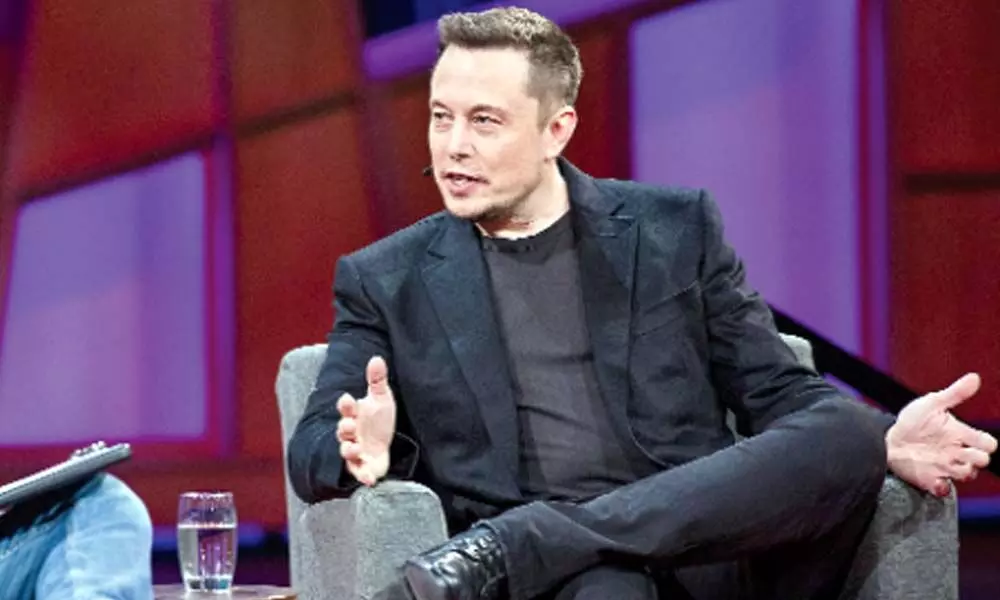NASA says SpaceX wins $2.9 billion contract for moon lander, with 2024 goal
The bid by Tesla Inc chief Musk beat one from Amazon.com Inc's founder Jeff Bezos, who had partnered with Lockheed Martin Corp, Northrop Grumman Corp and Draper
image for illustrative purpose

The bid by Tesla Inc chief Musk beat one from Amazon.com Inc's founder Jeff Bezos, who had partnered with Lockheed Martin Corp, Northrop Grumman Corp and Draper
NASA said on Friday it has awarded billionaire entrepreneur Elon Musk's private space company SpaceX a $2.9 billion contract to build a spacecraft to bring astronauts to the moon as early as 2024, picking it over Jeff Bezos' Blue Origin and defense contractor Dynetics Inc.
The U.S. space agency made the announcement of the contract for the first commercial human lander, part of NASA's as part of the Artemis program, in a video conference. NASA said the lander will carry the two American astronauts to the lunar surface.
"We should accomplish the next landing as soon as possible," said Steve Jurczyk, NASA's acting administrator. "This is an incredible time to be involved in human exploration, for all humanity."
"In addition, NASA is requiring a test flight to fully check out all systems with a landing on the lunar surface prior to our formal demonstration mission," NASA official Lisa Watson-Morgan told reporters.
NASA official Mark Kirasich said the agency hopes to see all three of the companies that competed for the initial moon landing vying to provide recurring transportation to the moon.
A factor in the choice of SpaceX was "what's the best value to the government," said Kathy Lueders, associate administrator for NASA's Human Exploration and Operations Mission Directorate.
NASA said in a news release that SpaceX's HLS Starship, designed to land on the moon, "leans on the company's tested Raptor engines and flight heritage of the Falcon and Dragon vehicles." It said Starship includes a spacious cabin and two airlocks for astronaut moon walks and that its architecture is intended to evolve to a fully reusable launch and landing system designed for travel to the Moon, Mars and other destinations in space.
NASA's decision was a setback for Bezos, a lifelong space enthusiast and one of the world's richest people, who is now more focused on his space venture after having announced in February he would step down as Amazon CEO.
The contract was seen by Bezos and other executives as vital to Blue Origin establishing itself as a desired partner for NASA, and putting the venture on the road to turning a profit, Reuters had reported in February.
Musk has outlined an ambitious agenda for SpaceX and its reusable rockets, including landing humans on Mars. But in the near term, SpaceX's main business has been launching satellites for Musk's Starlink internet venture, and other satellites and space cargo.

